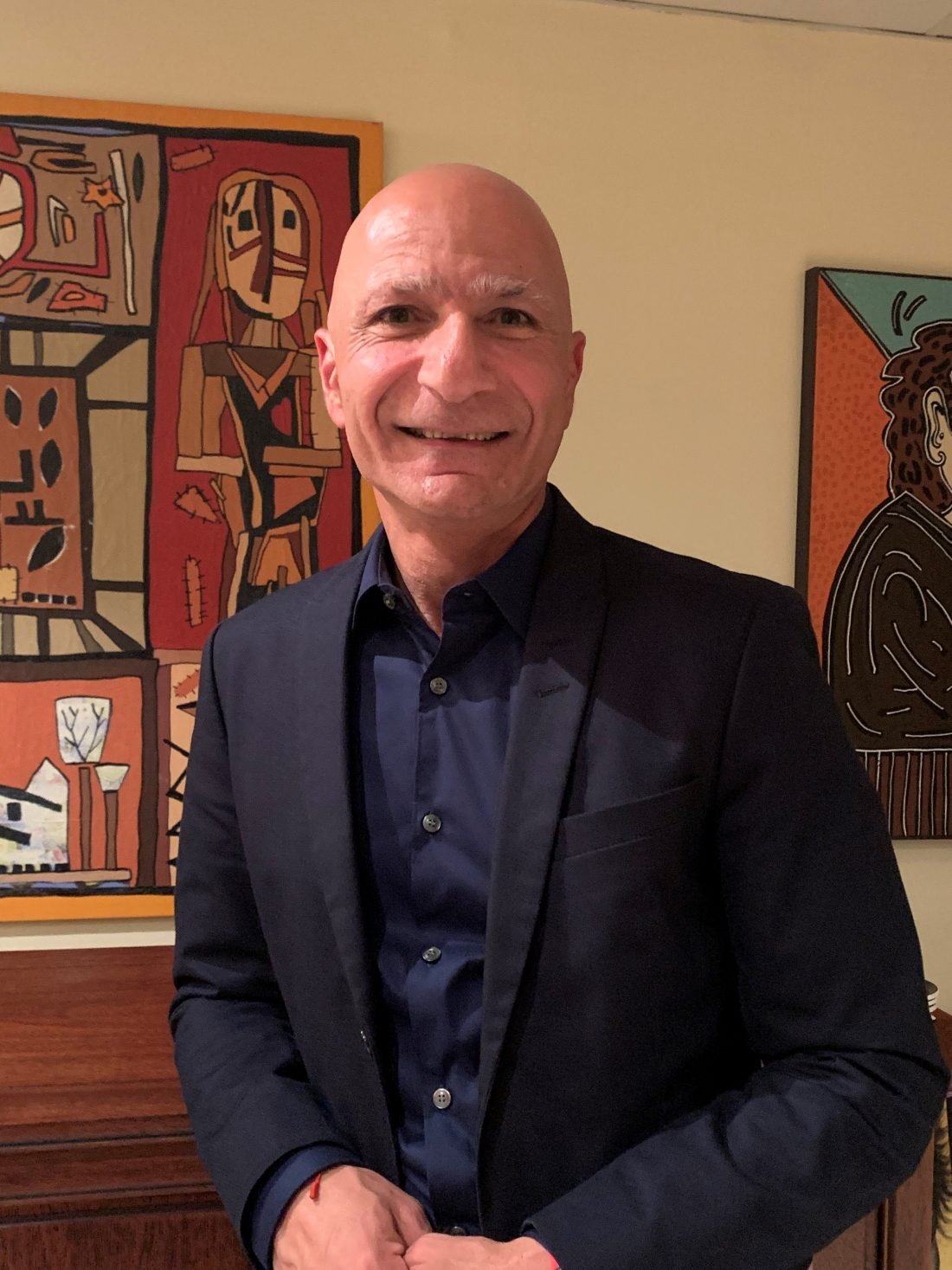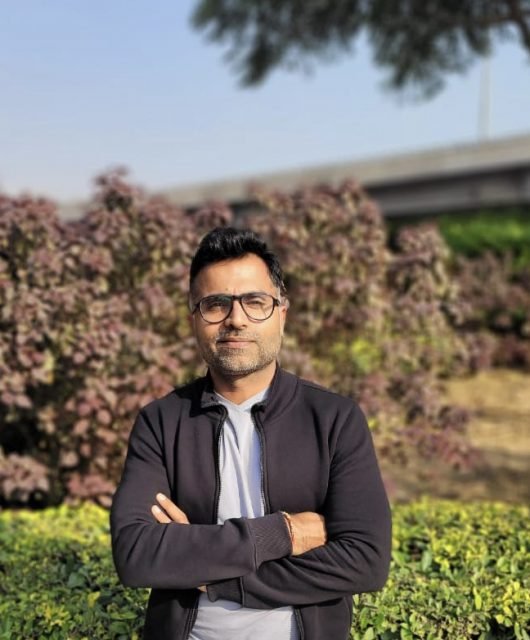How Language Can Get In The Way Of D&I
By: Kamal Dimachkie, Former COO of Publicis Communications and board member of The Marketing Society UAE

Language can often become an unwitting impediment in fostering diversity and inclusion.
Across businesses you will often hear big claims and statements on how an organization is all for diversity and inclusion citing the number of different nationalities under one roof and boasting all sorts of empowerment. In some organizations this is no more than a trite pronouncement often bearing little resemblance to what actually happens inside a company. Others, on the other hand, work particularly hard to foster a culture of inclusion with language as a strong glue.
A recent conversation with a non-Arabic speaking professional made me realize that what often gets overlooked by a spectrum of leaders, consistently sends a message of exclusion by the simple act of speaking a language not shared by all in a company. This hit me like a lightning bolt.
Switching Off
Picture this. As a meeting kicks off in an English-speaking company, a conversation is taking place in a different language. Tens and tens of people are gathered on the call expecting to hear news, updates and announcements that affect the entire population, yet the exchange that is unfolding is in a language not everyone speaks. Unknown to the individual(s) running the meeting, a message of exclusion has already been sent, and disengagement has already started to take place.
A sentiment of “this is not for us” sweeps through the ranks and a number of people switch off and start doing something else. At times, they may resort to texting on their cell phones bringing the attention of others to this infraction. Repeatedly, this behaviour manifests itself and a pattern reliably plays out. Pretty soon corridor talk starts, cynicism grows, knowing smirks are exchanged, and, before long, the culture starts shifting. Along the way toxicity, like a silent stealthy cancer, starts permeating the ranks.
Nature vs. Nurture
Communities benefit a great deal from their heuristics. Every culture has its own context, its own language, its own shortcuts, and its own map of the world. We all come from one, belong to one and feel infinitely more comfortable when we are in the company of those that share such a background. Understandably, it is our nature to relax more and use less energy in the informality of established common culture. It simply takes less effort.
Today’s organization is inherently broad and multicultural. In a place like the UAE, we are blessed with living in a rich and diverse ecosystem that brings us the world. Every day, we interact with so many people from so many different nationalities that rely on corporate culture to bring them together. Nurturing a strong culture requires prerequisites of any tightly knit community including, but not limited to, language. Often, this language is English, the business world’s lingua franca.
When we share language, we share culture, we feel a sense of belonging, cohesion and common destiny. Language provides social glue and promotes a spirit of togetherness. Imagine what its absence would do! Dissociation, the promotion of a sentiment of “us vs. them,” splintering and unraveling of a community from the inside.
A Matter of Trust
In a totally different context, Steven Covey once said: “Most of the time, it’s not the huge, visible withdrawals like Enron and Worldcom ethics violations that wipe out organizational trust. It’s the little things- a day at a time, a weak or dishonest act at a time- that gradually erode credibility.” Obviously, exclusive language is not an ethical breach, so perhaps this backdrop is too dramatic as a context. But exclusive language is exactly that- exclusive, and therefore represents a withdrawal, which when repeatedly committed, represents the hardening of fault lines brought about by inconsiderate or, perhaps, unconscious heuristics.
Under normal circumstances, perhaps something of this sort can be rectified with the creation of more awareness, strict modeling from the top down, and a clear declaration of how an organization plans to be. During turbulent and vulnerable times, a cultural insensitivity and unwitting exclusion of different groups can sow mistrust and chip away at years of hard-earned good will. Suddenly, an organization is no longer seen to be what it claims to be … and not wrongly.
Add to the above mix a general climate of vulnerability, uncertainty, complexity and ambiguity (very much what are living through these days), and the mix becomes combustible and can hasten the unravelling and potential demise of a culture.
When in Rome
By the time we reach adulthood and join professional ranks, cultural nuances are deeply entrenched. When cultures are homogenous, conduct, relationships and interaction become automatic. The UAE has successfully created a richly diverse environment where the norm is diversity. Today, leaders can choose what sort of culture they wish to cultivate.
Linguistically inclusive culture can be achieved with the observation of three basic principles that we can use as a check in situation that involve colleagues from cultures different to ours. These are:
- Am I speaking in the language my company uses for public announcements and general communication?
- Which language is considerate, professional, and inclusive towards all- not some- of my colleagues?
- How can I ensure the most junior employee, whose culture is different to mine, will understand every single word I say?
Diversity is par for the course over here. Inclusion, on the other hand, is a choice. To be inclusive requires more awareness, more effort and a disproportionate sense of humility that even the most mature, responsible and senior, can sometimes be guilty of omission. This, however, is fixable if we so choose.
Our Rome is diverse, and it requires an environment where people feel included, and not inadvertently excluded. So, the next time you call for a company or department meeting, remember those who come from cultures other than yours, and be mindful of their linguistic spectrum. By paying attention to that and communicating from the start in a language your entire organization speaks, you may not only be including them and making them feel equally as important, but you could also be strengthening the glue that holds your organization together … more so in times of challenge.





